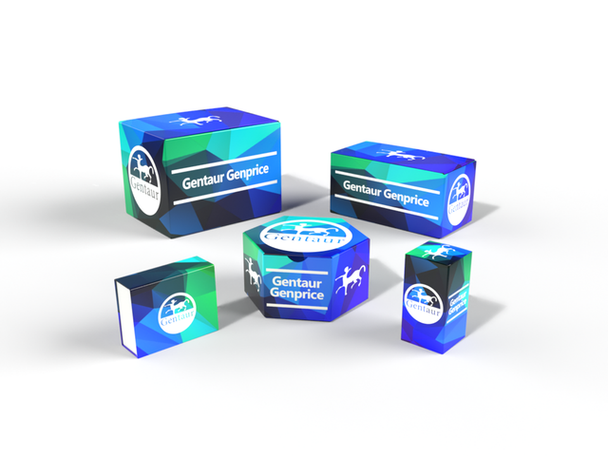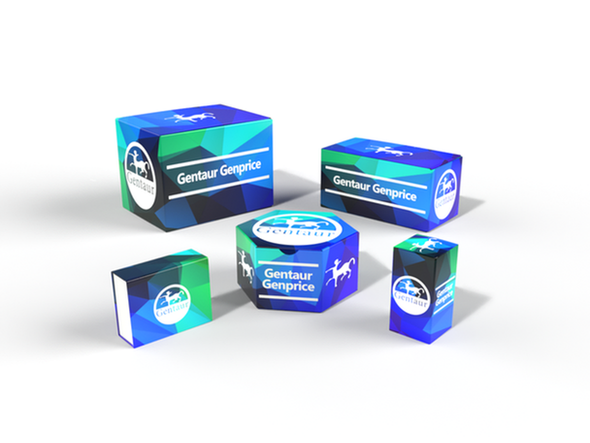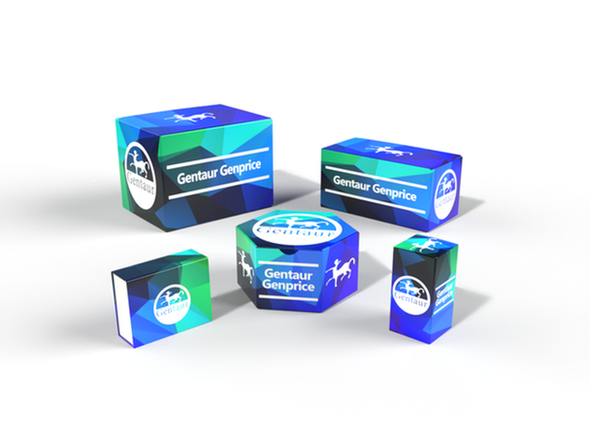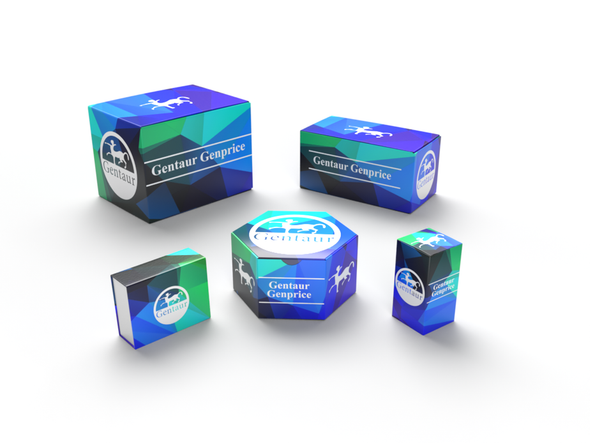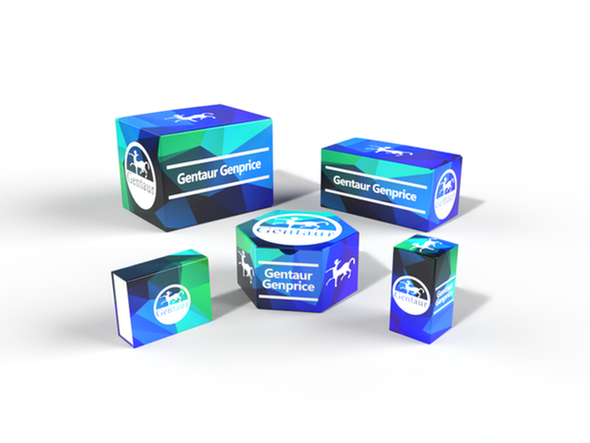Description
AR Polyclonal Antibody | ABP0146 | Gentaur UK, US & Europe Distribution
Immunogen: Synthesized peptide derived from the Internal region of human AR
Product Category: Protein
Application: Protein General Reagents
Product Type: Selected Primary Antibodies
Host: Rabbit
Reactivity: Human, Mouse, Rat
Application: WB, IF, IHC-P, ELISA
Application Note: Optimal working dilutions should be determined experimentally by the investigator. Suggested starting dilutions are as follows: WB (1:500-1:2000), IF (1:50-1:200), IHC-P (1:50-1:300), ELISA (1:10000-1:20000) . Not yet tested in other applications.
Clonality: Polyclonal
Isotype: Rabbit IgG
Formulation: Liquid solution
Kit Component: N/A
Concentration: 1 mg/ml
Storage Buffer: PBS containing 50% Glycerol, 0.5% BSA and 0.02% Sodium Azide.
Storage Instructions: Stable for one year at -20°C from date of shipment. For maximum recovery of product, centrifuge the original vial after thawing and prior to removing the cap. Aliquot to avoid repeated freezing and thawing.
Shipping Condition: Gel pack with blue ice.
Background: The androgen receptor gene is more than 90 kb long and codes for a protein that has 3 major functional domains: the N-terminal domain, DNA-binding domain, and androgen-binding domain. The androgen receptor functions as a steroid-hormone activated transcription factor. Upon binding the hormone ligand, the receptor dissociates from accessory proteins, translocates into the nucleus, dimerizes, and then stimulates transcription of androgen responsive genes. This gene contains 2 polymorphic trinucleotide repeat segments that encode polyglutamine and polyglycine tracts in the N-terminal transactivation domain of its protein. Expansion of the polyglutamine tract from the normal 9-34 repeats to the pathogenic 38-62 repeats causes spinal bulbar muscular atrophy (Kennedy disease) . Mutations in this gene are also associated with complete androgen insensitivity (CAIS) . Two alternatively spliced variants encoding distinct isoforms have been described.
Alternative Names: AR; DHTR; NR3C4; Androgen receptor; Dihydrotestosterone receptor; Nuclear receptor subfamily 3 group C member 4
Precaution: The product listed herein is for research use only and is not intended for use in human or clinical diagnosis. Suggested applications of our products are not recommendations to use our products in violation of any patent or as a license. We cannot be responsible for patent infringements or other violations that may occur with the use of this product.

